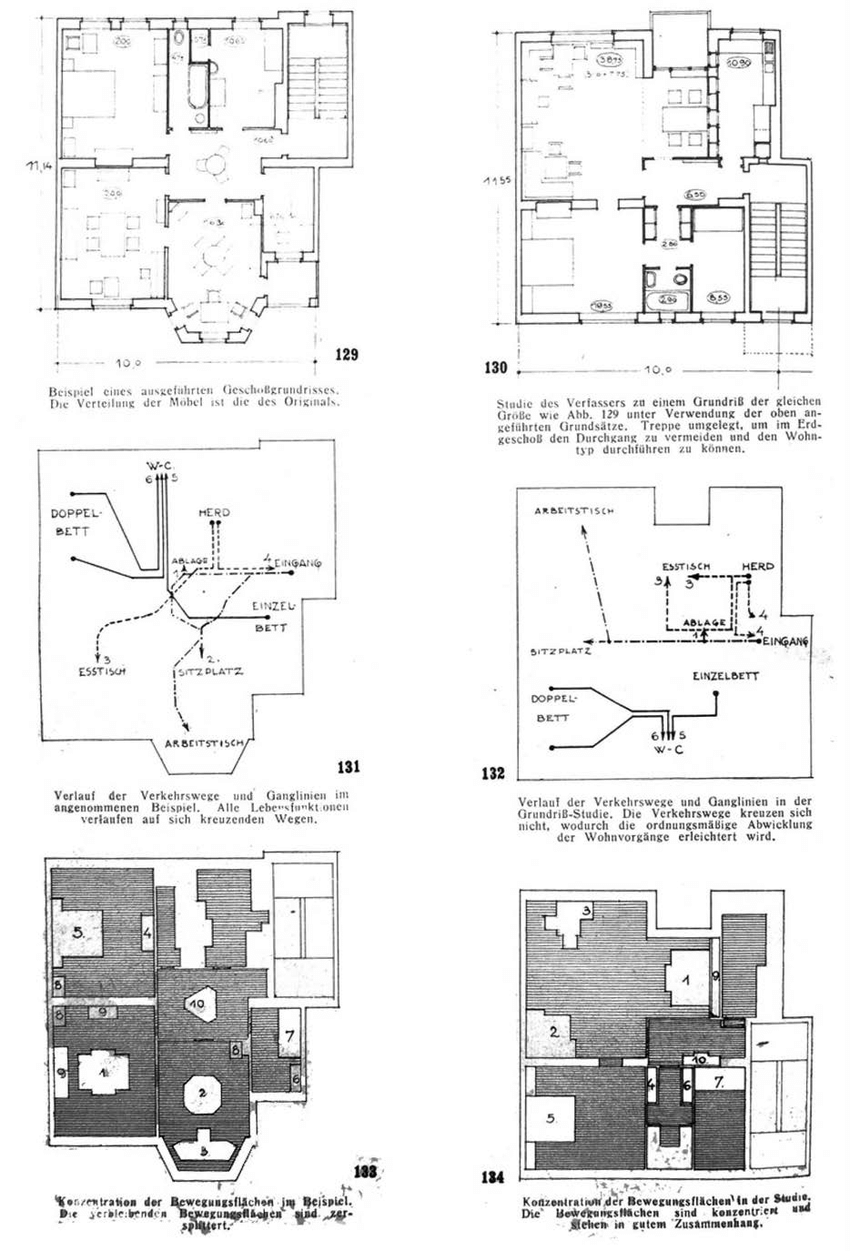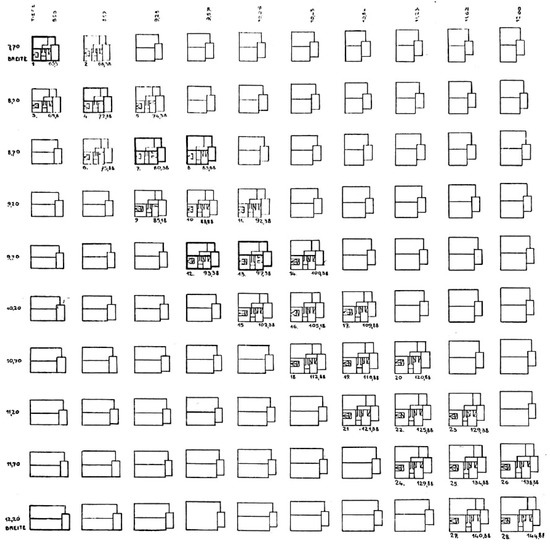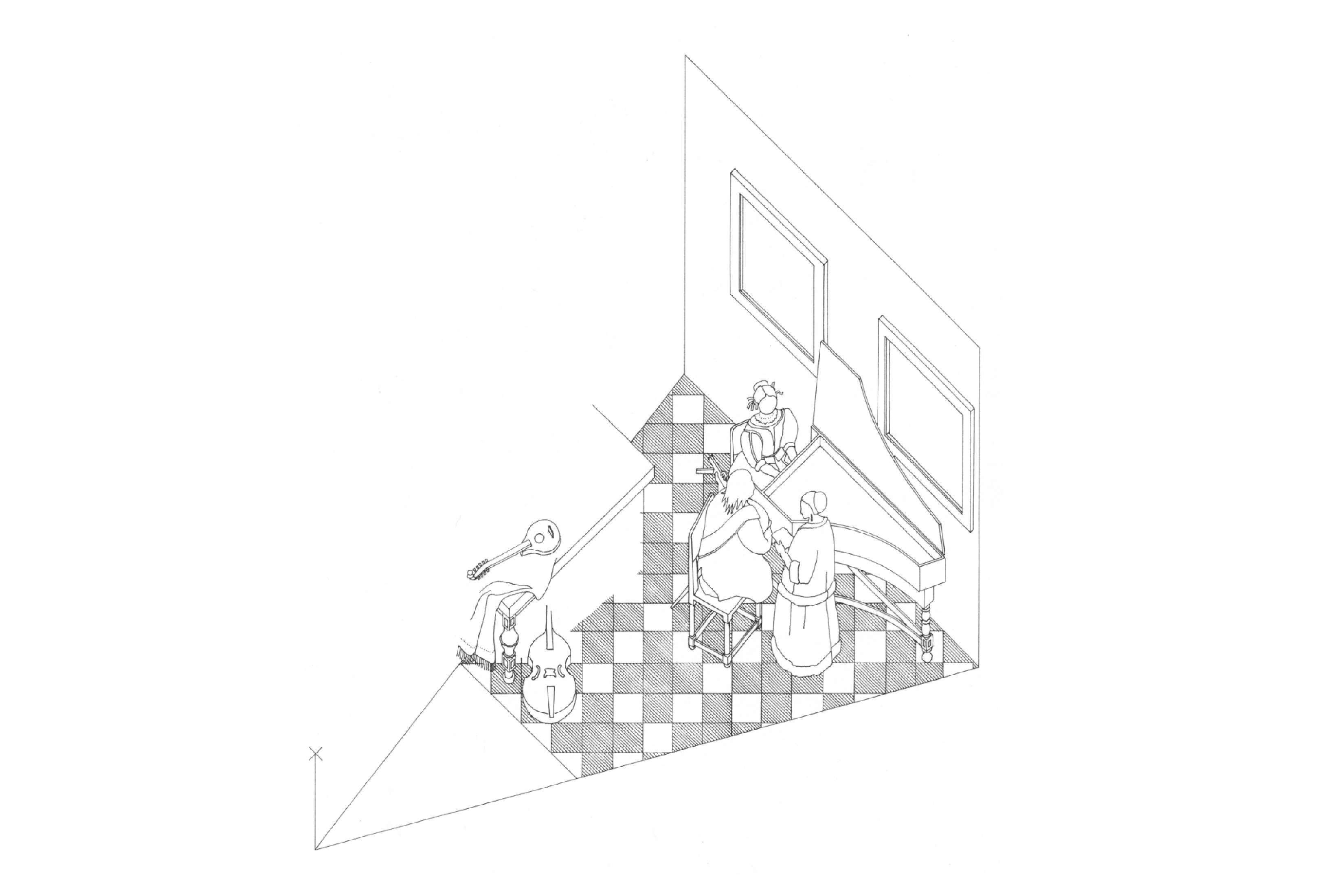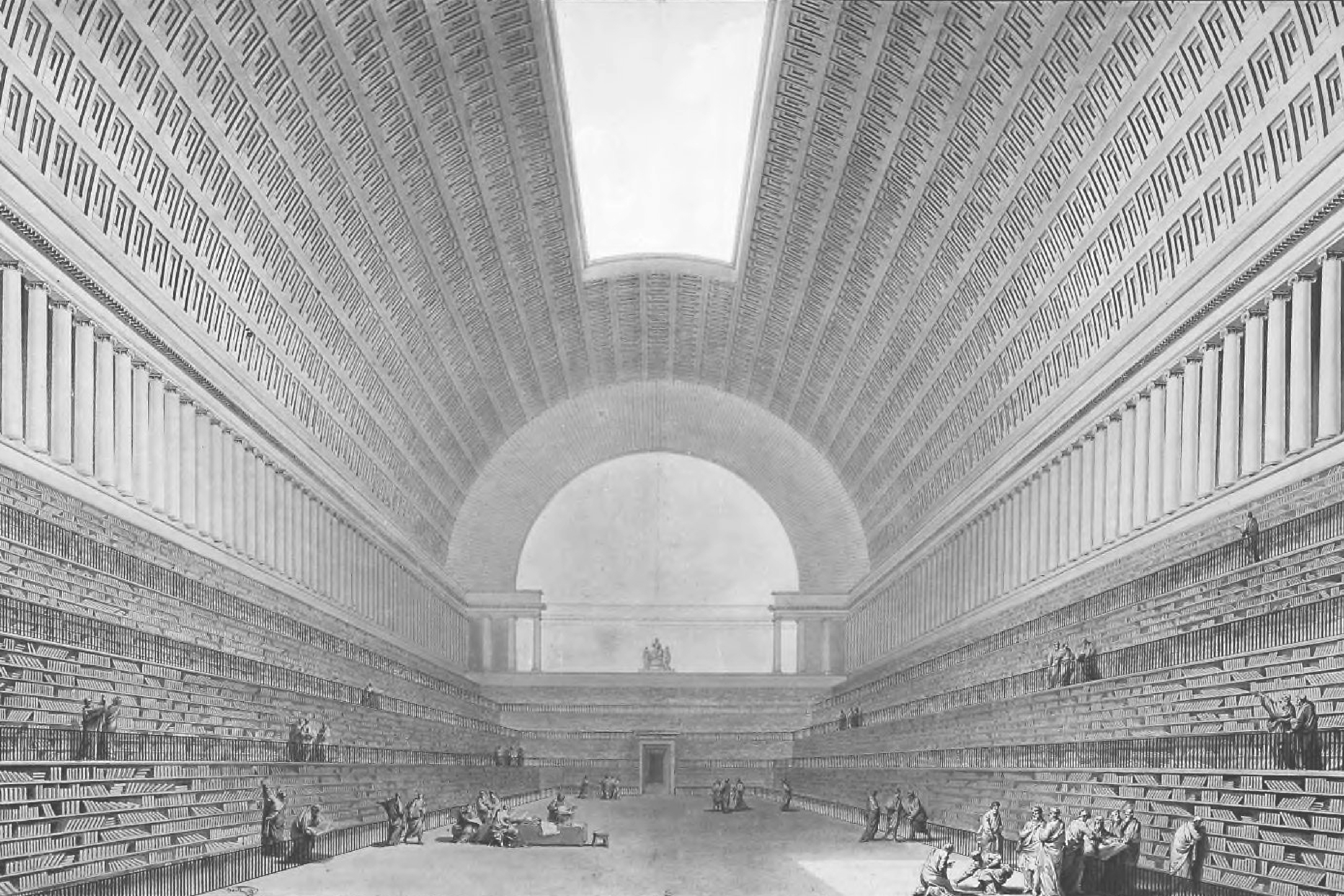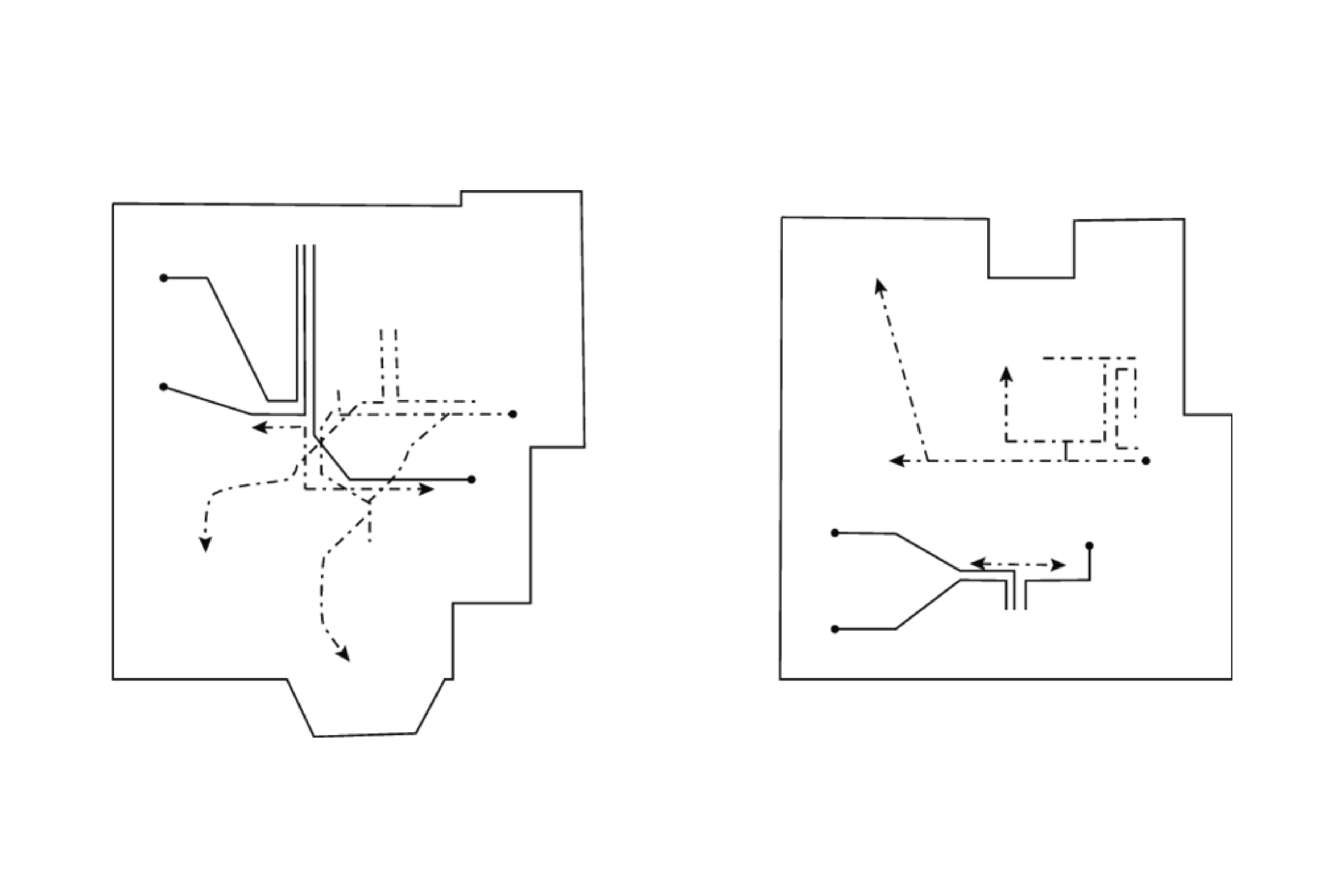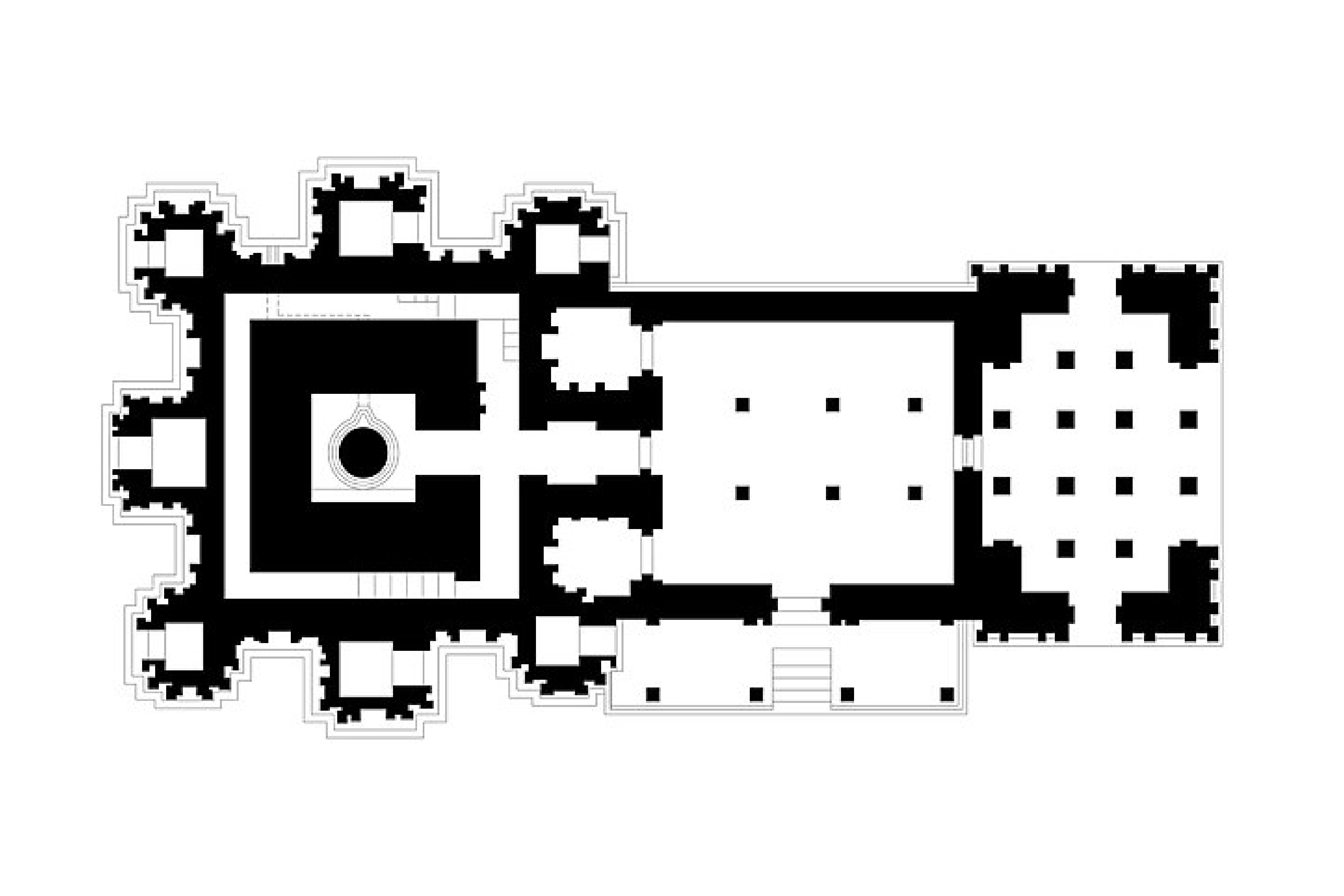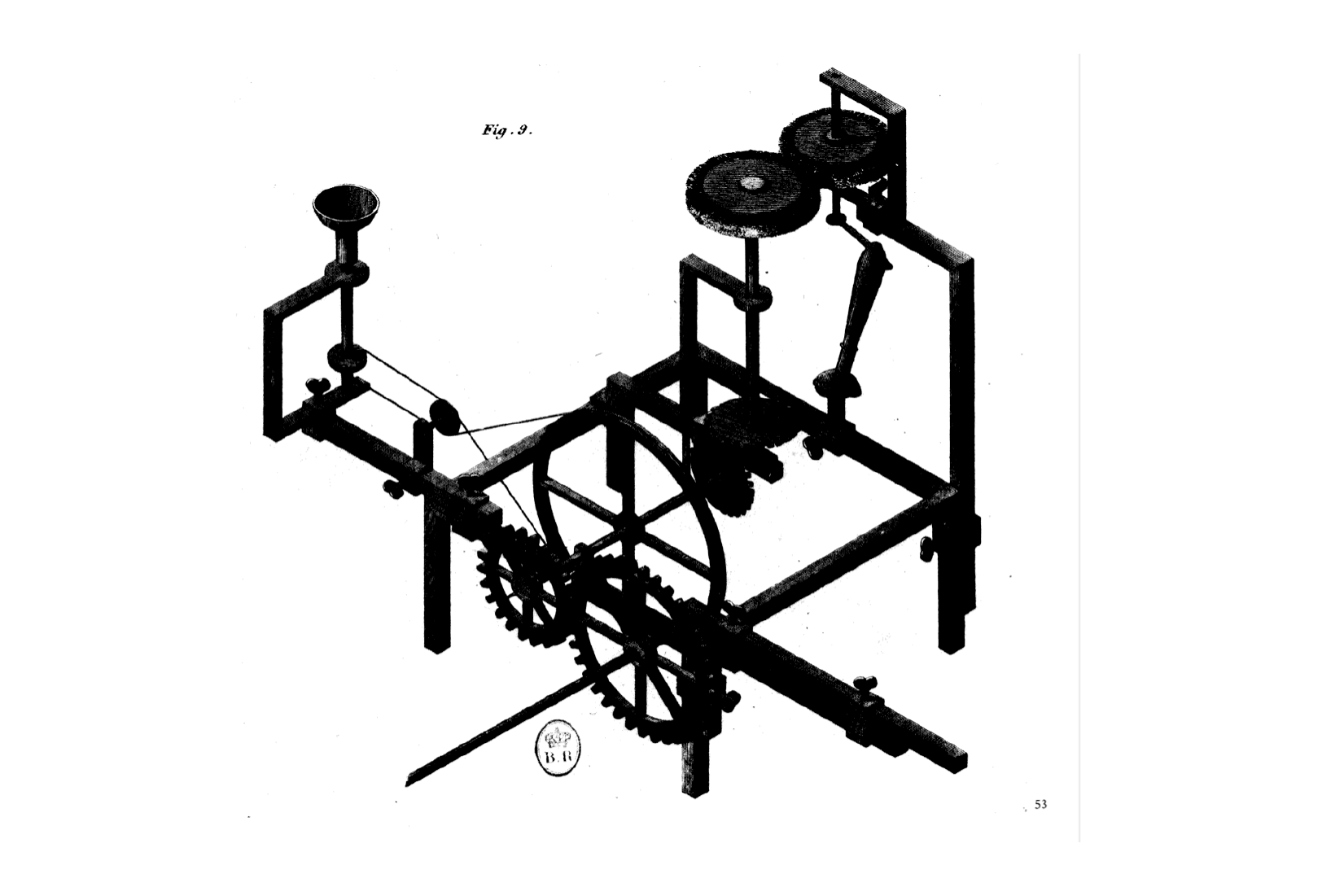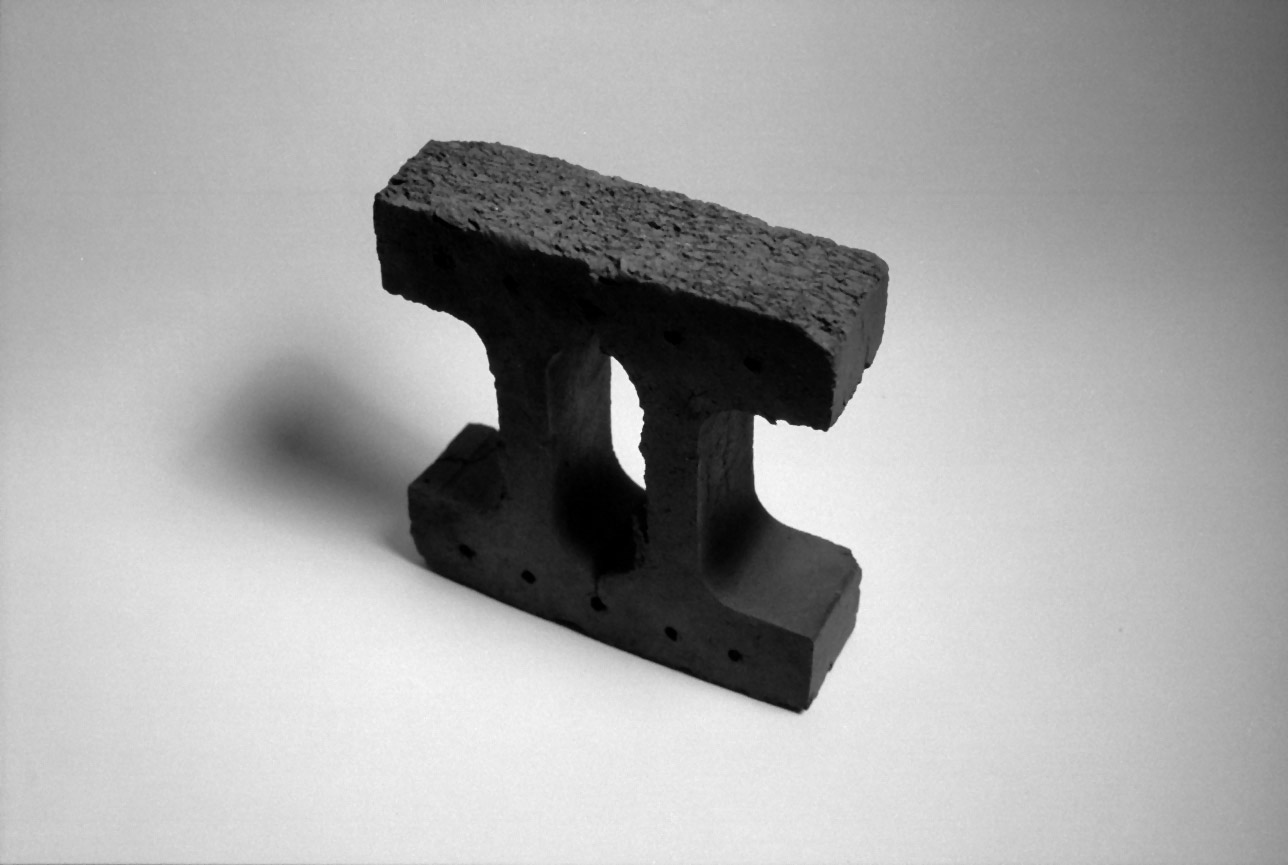Alexander Klein & Existenzminimum
Alexander Klein ( 1879-1961 )
Alexander Klein, born in Odessa moved to Germany in 1920 and in 1933 due to harsh racial laws moved to Palestine where he became an important urban planner.
The urgent need for housing for the working class following World War I led to a search to determine new standards for housing to ensure that minimum requirements for living, or Existenzminimum, would be respected while costs were kept low. Overshadowed by more famous architects such as Gropius, Taut, and Le Corbusier, Alexander Klein’s important role in this search is often neglected. Klein’s remarkably innovative and mathematically rigorous design methodology began with the comparison of various types of dwellings, aimed at the determination of objective terms for the valuation of the design quality. Klein studied the problem of dwelling in its complexity, even considering the effects induced by conditions of living to the human psyche. His points of reference were the needs of the family and the individual, rather than impersonal hygienicsanitary parameters. Klein’s methodological research may still be considered an important point of reference
Bevilacqua, Marco Giorgio. (2011). Alexander Klein and the Existenzminimum: A ‘Scientific’ Approach to Design Techniques. Nexus Network Journal. 13. 297-313. 10.1007/s00004-011-0080-6.

